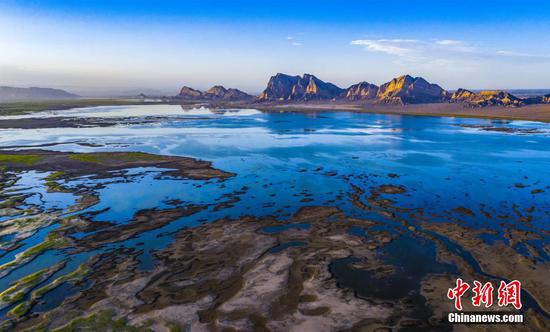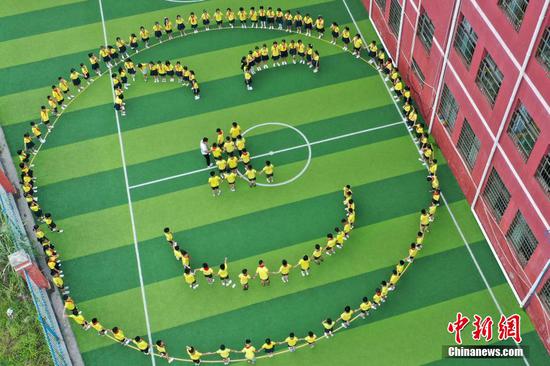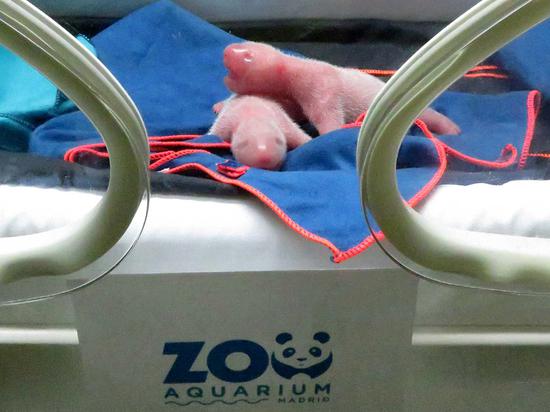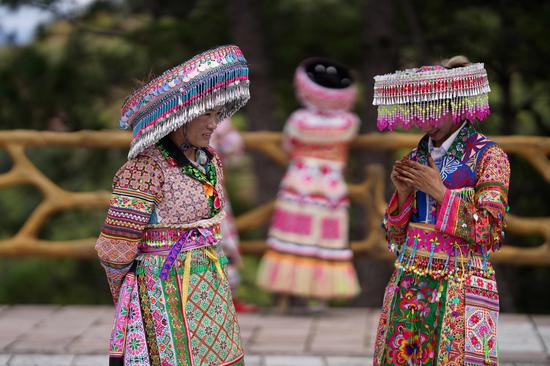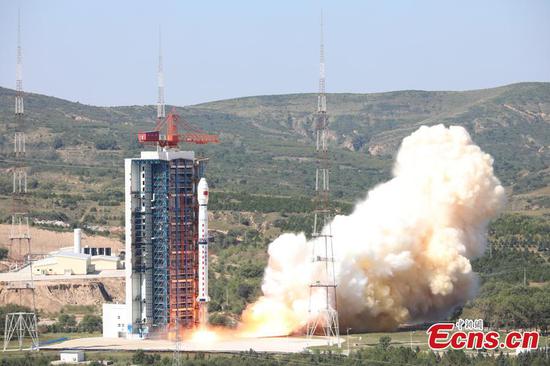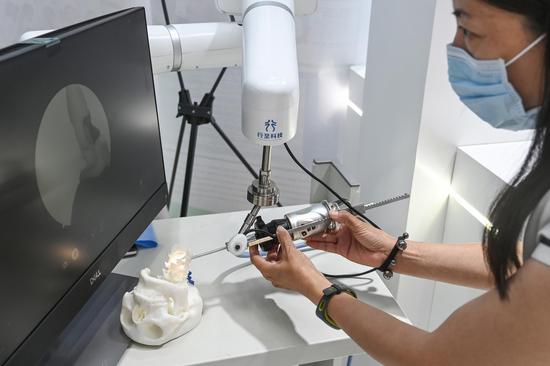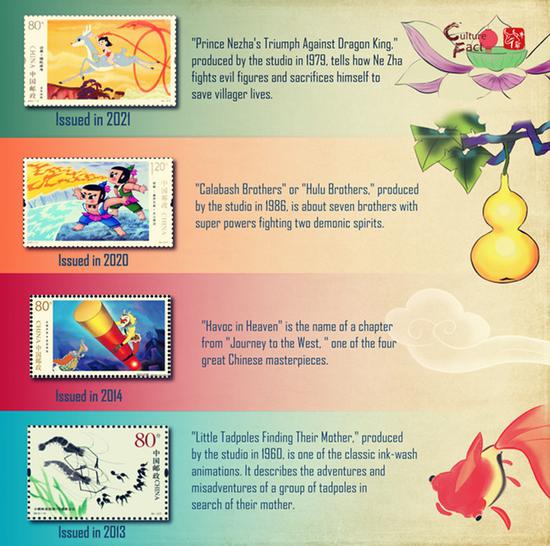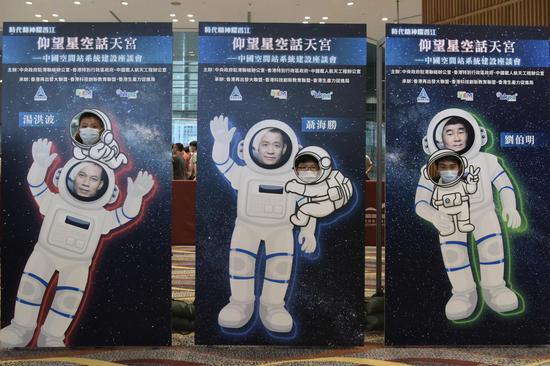
Geng Shuang, China's deputy permanent representative to the UN. (Photo/Chinese Foreign Ministry's official website)
China hopes the creation and implementation of a new United Nations report will help push member states to build consensus, coordinate actions, practice true multilateralism, improve global governance, and create a better future together under the UN Charter, said a Chinese envoy to the UN.
Geng Shuang, China's deputy permanent representative to the UN, made the comments in regards to "Our Common Agenda", which was released and presented by Secretary-General António Guterres to the General Assembly on Friday.
The report looks ahead to the next 25 years and sets the secretary-general's vision for the future of global cooperation. It includes recommendations on how the world could respond to current and future challenges.
It is also a warning from the UN chief, who said the world "is under enormous stress", which "risks a future of serious instability and climate chaos". Among the proposals, Gutteres calls for "a stronger, more networked and inclusive multilateral system, anchored within the United Nations". He urged the world to "change course" to avoid "breakdown and perpetual crisis".
"From the climate crisis to our suicidal war on nature and the collapse of biodiversity, our global response is too little, too late. Unchecked inequality is undermining social cohesion, creating fragilities that affect us all. Technology is moving ahead without guardrails to protect us from its unforeseen consequences," Gutteres said.
In discussing the report, Geng put forth three preliminary views. First, he emphasized the importance of "meeting the needs of member states".
"There is a need to promote our work in security, development and human rights in a balanced manner. We should be committed to an international order based on international law, facilitate the settlement of dispute through dialogue and consultation among all parties, and prevent conflicts through means such as good office and mediation, " he said.
It's also pertinent to focus on the aspirations of the developing countries and provide more support to help developing countries meet the goals of the 2030 Agenda for Sustainable Development during the pandemic.
It's necessary to respect each country's independent choice of a human rights development path, which is based on national conditions, and promote international human rights dialogue and cooperation, he said.
Second, it's important to uphold the leadership of the member states. The UN is an intergovernmental, international organization composed of sovereign states and should fully respect the position of member states' governments, Geng said.
The implementation of the recommendations in the report requires the determination and efforts of the governments of the member states, and listening to the voices of civil society and youth groups as well as mobilizing resources from all sectors of the society in a coordinated way, he added.
Finally, Geng underscored the importance of maintaining unity among member states. In the face of global challenges such as climate change and the COVID-19 pandemic, the UN should push all countries to strengthen solidarity and cooperation, he said.
The report puts forward many forward-looking plans for the future development of the UN, Geng said. He said it's important to take into account the actual needs and concerns of all parties, to follow the "principle of gradual process", and push for consensus among member states through dialogue and consultation and take any future action on that basis.
Gutteres put together "Our Common Agenda"at the request of member states during the commemoration of the UN's 75th anniversary last September.
The UN's 75th anniversary was fraught with global challenges. It was against this backdrop that the nations adopted a declaration to commemorate 75th anniversary, in which member states pledged to strengthen international cooperation to confront interconnected global challenges.
The secretary-general's report builds upon the 12 member states' commitments in the declaration, such as to "leave no one behind", to "protect our planet", and to "promote peace and prevent conflicts" that "can only be addressed through reinvigorated multilateralism", according to the UN.
More than 1.5 million people contributed ideas to the report. In addition to member states, the report included feedbacks from thought leaders, young people, civil society, the UN system and its partners, all of which shared their thoughts with the UN in a year-long "listening exercise".
Gutteres stressed the importance of protecting vulnerable groups, which included reinforcing social protections and promoting gender parity. He called for actions to ensure a more sustainable global economy, to address climate change and to provide a package of support for developing countries,
He also suggested a $50 billion vaccine plan and to double vaccine production, to ensure that at least 70 percent of the global population will have access to vaccines in the first half of 2022.
Other proposals of the UN chief included: A Summit of the Future, which focuses on the issues of peace and security; biennial high-level meetings between the heads of state; the G20, the UN Economic and Social Council, leaders of the international financial institutions, and the secretary-general aimed at creating a more resilient global economy, as well as the appointment of a UN special envoy for future generations who would represent the interests of succeeding generations.








